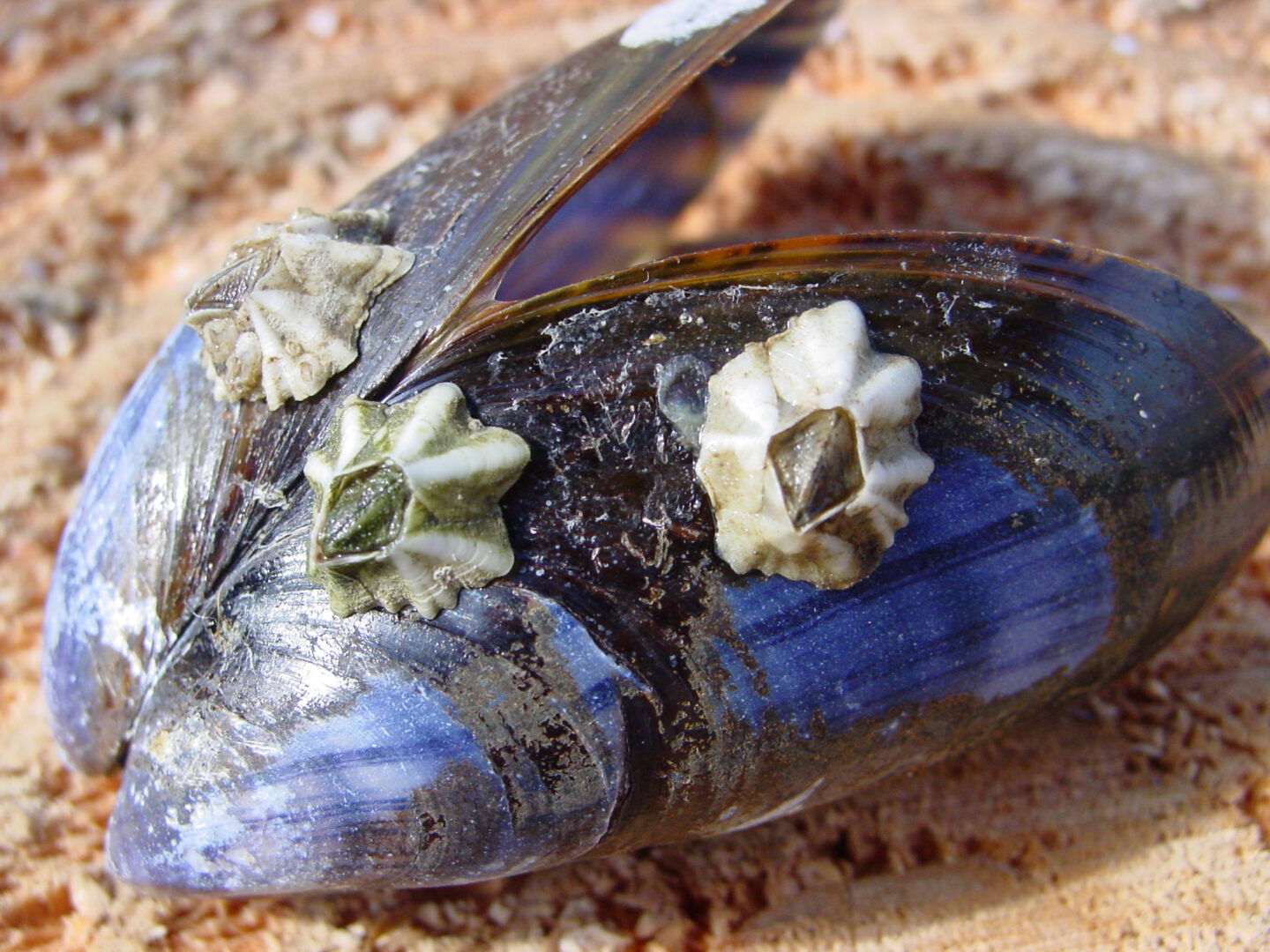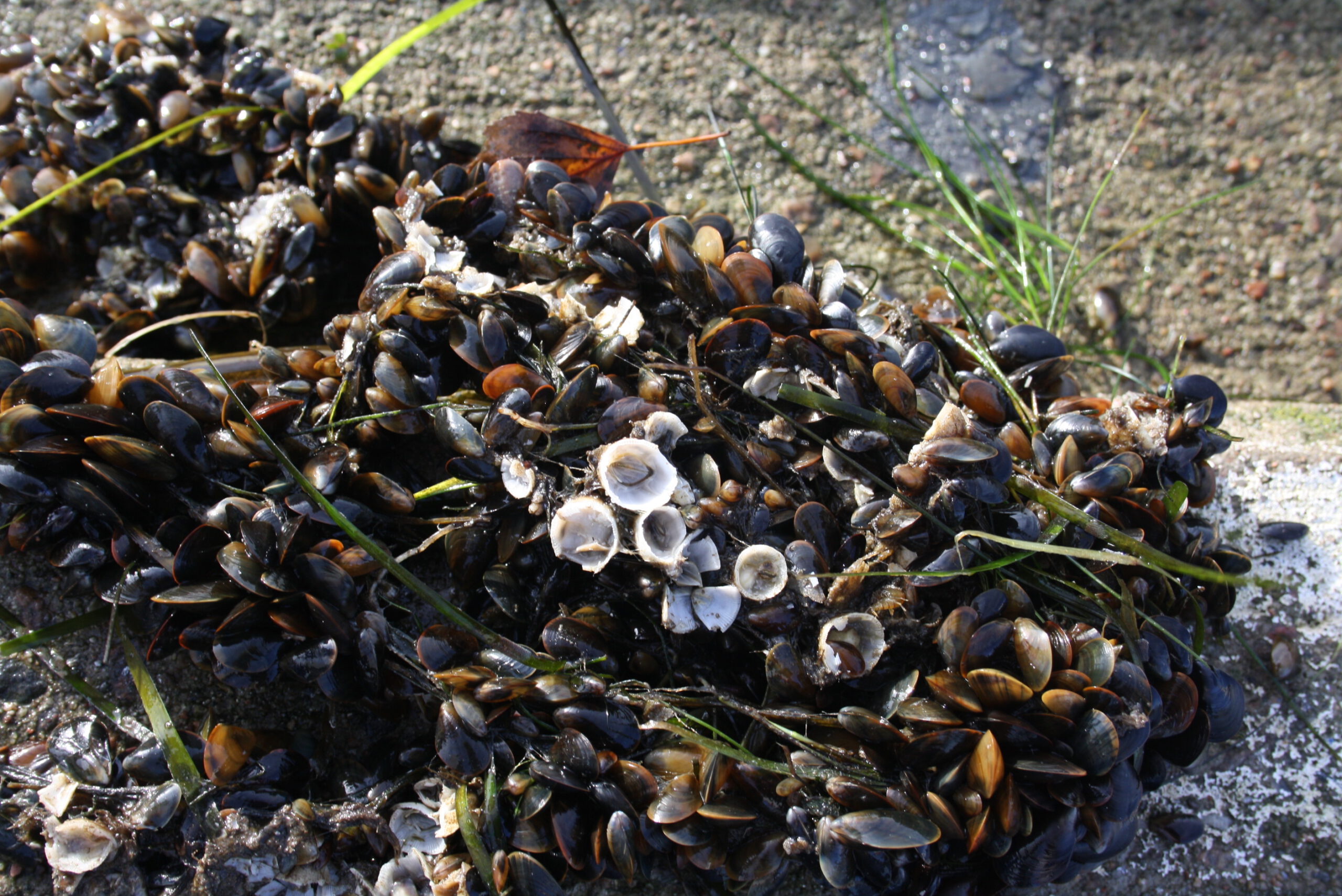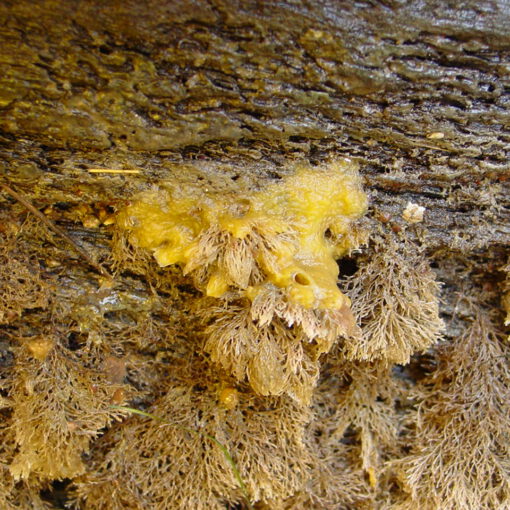Mussels create in technical aquatic systems, which intake huge volumes of water from rivers and lakes. Fouling occurs in cooling systems of power plants, refineries, chemical parks and drinking water stations. Whereas in marine waters blue mussels attach firmly, in freshwater Zebra- and Quagga mussels introduced from the Ponto-Caspian area create clogging of intakes and sieves. As these mussel species attach themselves by byssus threats at the surface and with each other they can lead to a breakdown of the technical installation and connected pipes.

Apart of chemical control techniques with injection of sodium hypochlorite, filtration is increasingly in use, to avoid additional corrosion and contamination of adjacent water bodies.
Filtration systems are often designed to inhibit the intake of eggs, larvae and adult mussels. The overall aim is to prevent the entrance into the system of adult reproductive stages, which can build and attach with byssus threats. Actually, micro filtration and even nano filtration systems are in use.
On this background, a crucial requirement is a sound knowledge of the local fouling pressure in front of the technical installation. Along with prevention systems in force a continuous monitoring of the efficacy of the filtration system is an effective tool to react at failings of the system or modify the system to avoid extended damage.
LimnoMar gathered comprehensive knowledge in larval monitoring by light microscopy using bright, and polarized light. These methods provide reliable data on the efficacy and function of the water treatment system. In addition, recommendations can be submitted on innovative methods under scrutiny. The monitoring in freshwater focuses on the detection of larval stages of Zebra and Quagga mussels, whereas the latter creates may create more severe problems, as they start recruitment and release of larvae at temperatures of 4°C
In the planning phase and in service mussel monitoring may support an optimal design or improvement of a water treatment system. This may reduce costs and provide a service without interruptions.
The conduction of monitoring studies deserve a consultation with the client to identify the most suitable way for the respective system (Location of the collection of water samples, plankton net fishing, transport of samples, evaluation regarding species, enumeration discrimination of dead and living organisms, determination of stages).
In the direct contact with the client we try find the optimal solution.

